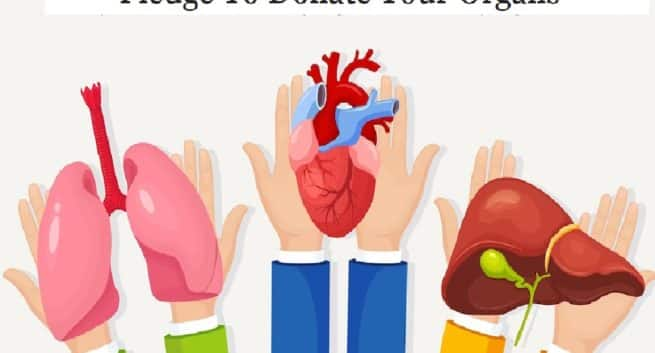Share this @internewscast.com

The ability to consider multiple variables simultaneously allows for a more comprehensive evaluation of donor-recipient pairs, aiding transplant teams in making informed decisions.
Organ transplantation has advanced significantly in recent years, with significant donor matching and compatibility testing strides. These advancements aim to enhance the success rates of transplant procedures, reduce the risk of rejection, and ultimately improve the quality of life for recipients. As of my last update in January 2022, several key developments have shaped the landscape of donor matching, offering new possibilities for precision medicine and personalized approaches.
Human Leukocyte Antigens (HLA)
One fundamental aspect of compatibility testing is the assessment of Human Leukocyte Antigens (HLA), proteins crucial to the body’s immune response. High-resolution HLA typing has emerged as a standard method for evaluating compatibility between donors and recipients. The ability to pinpoint specific HLA alleles with greater accuracy has significantly improved matching precision, minimizing the risk of rejection and post-transplant complications.
Cross-Matching Techniques
“They are pivotal in evaluating the potential for rejection before transplantation. Traditionally, cross-matching involves testing the recipient’s serum against the donor’s lymphocytes to detect pre-existing antibodies that could lead to rejection. Recent advancements have introduced virtual cross-matching, which utilizes computer algorithms to predict compatibility without direct testing. Additionally, flow cytometry, a technique that analyzes the characteristics of cells, has improved the accuracy of cross-matching, providing valuable insights into the immunological compatibility between donors and recipients” saysDr A Nagesh, CTVS Surgeon and Heart Transplant Surgeon, CARE Hospitals HITEC City, Hyderabad.
Immunosuppressive Medications
They are a cornerstone in preventing organ rejection following transplantation. Ongoing research has led to developing new drugs and therapeutic regimens that offer improved efficacy and reduced side effects. Personalized medicine approaches are increasingly utilized, tailoring immunosuppressive treatments based on individual patient characteristics. This ensures a more targeted and effective strategy for maintaining immune balance post-transplant.
Desensitizationisting Antibodies Against Potential Donors
Dr A Nagesh further states that “The integration of precision medicine and genomic matching has introduced a new era in transplant compatibility. Advances in genomics enable a deeper understanding of the genetic factors influencing compatibility and transplant outcomes. Genetic compatibility assessments can provide additional insights into the likelihood of success and potential complications. This personalized approach considers the unique genetic makeup of both donors and recipients, optimizing the match and improving the overall success of transplantation.”
Summary
Machine learning algorithms have also entered the realm of donor matching. These algorithms can predict compatibility with a higher degree of accuracy by analyzing vast datasets encompassing genetic, immunological, and clinical information. The ability to consider multiple variables simultaneously allows for a more comprehensive evaluation of donor-recipient pairs, aiding transplant teams in making informed decisions.










